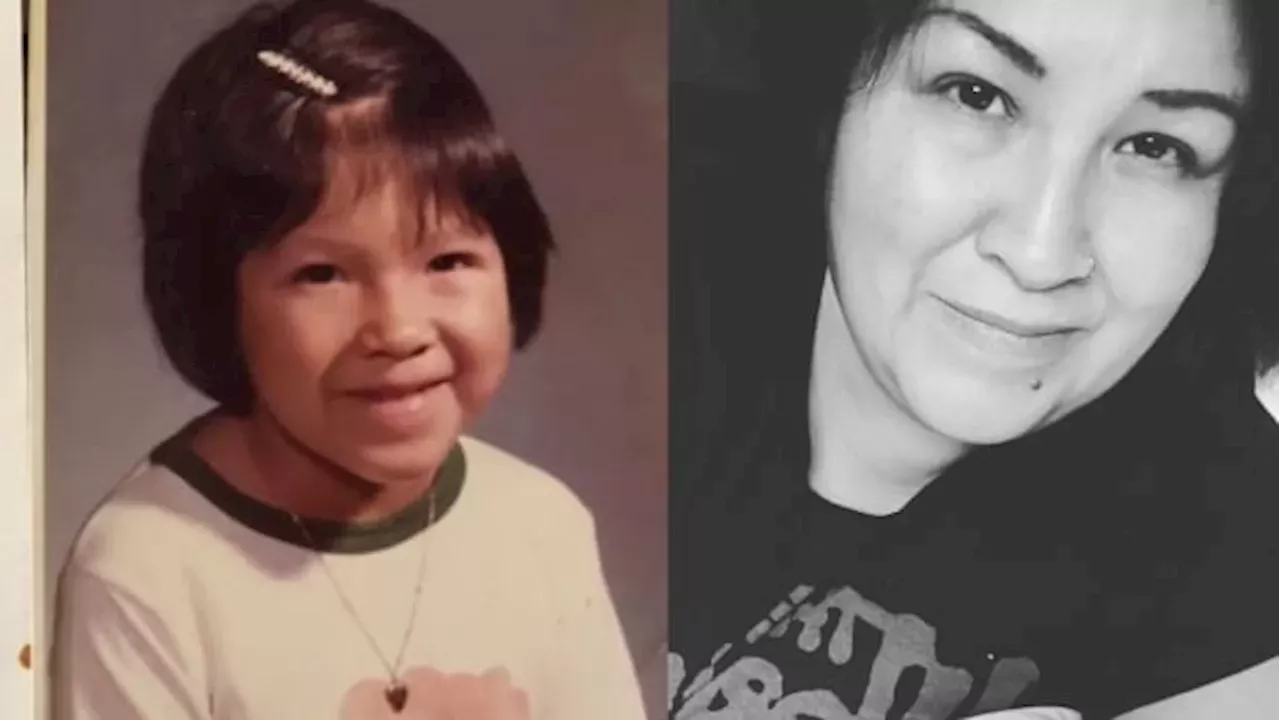SOURCE: https://headtopics.com/ca/my-adoptive-parents-tried-to-erase-my-indigenous-identity-55825652
Kim Wheeler, born Ruby Linda Bruyere, was adopted by a white family as part of the Sixties Scoop. She was one of tens of thousands of Indigenous children who were taken from their families and placed in the homes of mostly white families in Canada.
Kim Wheeler was adopted into a white family during the Sixties Scoop. After years of abuse, she lived to tell the tale of finding her way back to her culture. My name is Kim Wheeler but some know me as Kim Ziervogel. Others will remember me as Kim Bell, and to a small group of people I will always be Ruby Linda Bruyere. But the name game doesn't stop there.
Growing up, I was always reminded I was adopted. My mother and sisters would tell strangers, "She's adopted." It didn't really bother me, I suppose, because I was used to hearing it. My adoptive mother was a different case. She was psychologically abusive. She wore me down until all I could be was a "yes" person to everyone I met. It wasn't until I was in my 30s that I started to stand up for myself and began to say "no" to people. To this day, I still struggle with saying no, although some people wouldn't believe that. It's an internal process that unfolds in milliseconds.
Of course those same people were struggling with their own trauma of the Indian Residential School experience, but back in the 1970s and 1980s, no one knew this. Our parents would simply tell us if we didn't stay in school, if we didn't smarten up, if, if, if — we would end up "just like the Indians on Main Street.







No comments:
Post a Comment
Please leave a comment.